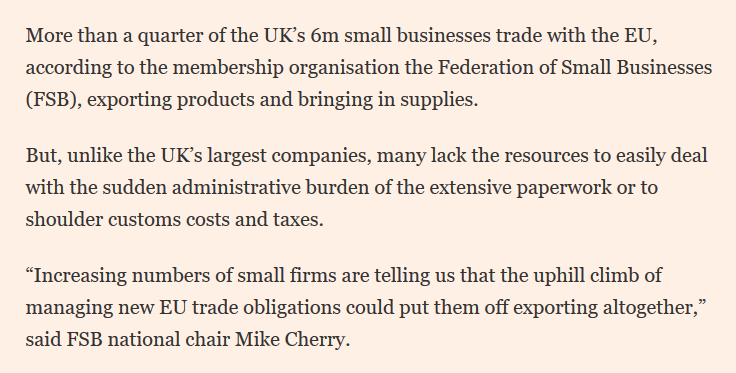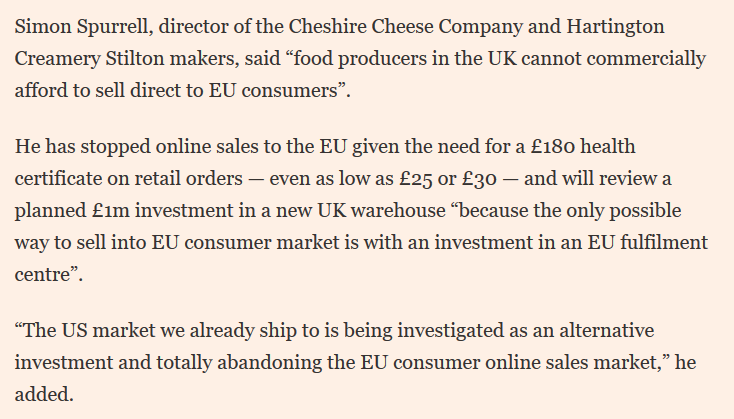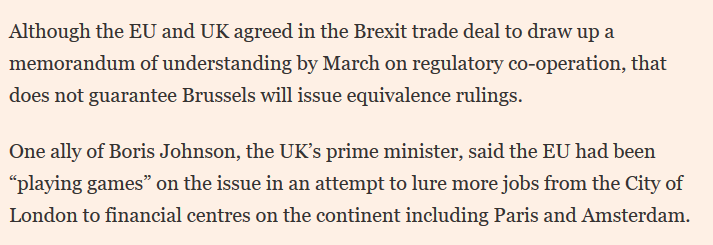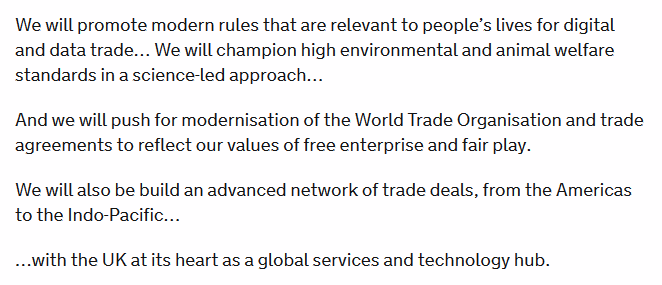Not the easiest to follow, but for those interested in the big picture of trade relations between US, EU and China this exchange between @alanbeattie and @IanaDreyer is an essential read. Real debate on key issues, and good points on both sides.
V good points but overall I stick with the conclusion that this is a v risky deal.
— Alan Beattie (@alanbeattie) January 5, 2021
1. It\u2019s overstating it to say that COM now has final say over investment. FDI screening remains a MS competency. COM has had to take a v secondary supporting role over Huawei and 5G.
1/n https://t.co/RVg2jnoFgK
Blistering stuff from @noahbarkin on EU-China deal - a must read https://t.co/92a6rxBRtU pic.twitter.com/VHRtEiOiTy
— Finbarr Bermingham (@fbermingham) January 5, 2021
I disagree with the assertion, and I ask myself against what benchmark the EU is measured here. The EU\u2019s 2019 China Communication sets out a comprehensive strategy that treats China simultaneously as a negotiating partner, an ec competitor and a systemic rival. 1/5 https://t.co/xN1XRQlK1m
— Sabine Weyand (@WeyandSabine) January 5, 2021
More from David Henig
UK cabinet to back Johnson over no-deal Brexit - The Times https://t.co/uCuOTsNdJL pic.twitter.com/88x5Tw2g53
— Reuters (@Reuters) December 6, 2020
Project fear and the red wall. The first meaning that every serious threat, such as that of Nissan that their plant will be unsustainable, is dismissed with little discussion. The red wall, apparently so angry with Labour about the EU they are afraid to have a position. 2/
Because 'sovereignty' apparently. But a particularly nefarious form of sovereignty in which the normal kind of things you discuss in a Free Trade Agreement - shared rules, access to waters - become when discussed with the EU unacceptable infringements and threats. 3/
You note in the UK we aren't having a discussion on what level playing field rules or access to fishing waters might be acceptable. Or normal. Or even what we might want, like shared increased commitments on climate change. No, all rumours. Evil EU. Worse French. 4/
Those who follow closely see incredible briefings in the papers, like today claiming the EU demand for raising minimum shared standards was only raised on Thursday, treated as fact. This was known months ago. But the media too often just reports the spin as fact. 5/
More from Economy
[THREAD] 1/10
I know people think this is fun but -- why do we have a stock market? So productive firms can raise capital to do useful things. Detaching stock price from fundamental value (Gamestop is now worth almost as much as Best Buy) makes the markets serve the real economy worse.
— Josh Barro (@jbarro) January 27, 2021
What is profit? It's excess labor.
You and your coworkers make a chair. Your boss sells that chair for more than he pays for the production of that chair and pockets the extra money.
So he pays you less than what he should and calls the unpaid labor he took "profit." 2/10
Well, the stock market adds a layer to that.
So now, when you work, it isn't just your boss that is siphoning off your excess labor but it is also all the shareholders.
There's a whole class of people who now rely on you to produce those chairs without fair compensation. 3/10
And in order to support these people, you and your coworkers need to up your productivity. More hours etc.
But Wall Street demands endless growth in order to keep the game going, so that's not enough.
So as your productivity increases, your relative wages suffer. 4/10
Not because the goods don't have value or because your labor is worth less. Often it's actually worth more because you've had to become incredibly productive in order to keep your job.
No, your wages suffer because there are so many people who need to profit from your work. 5/10
























